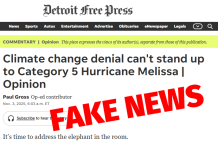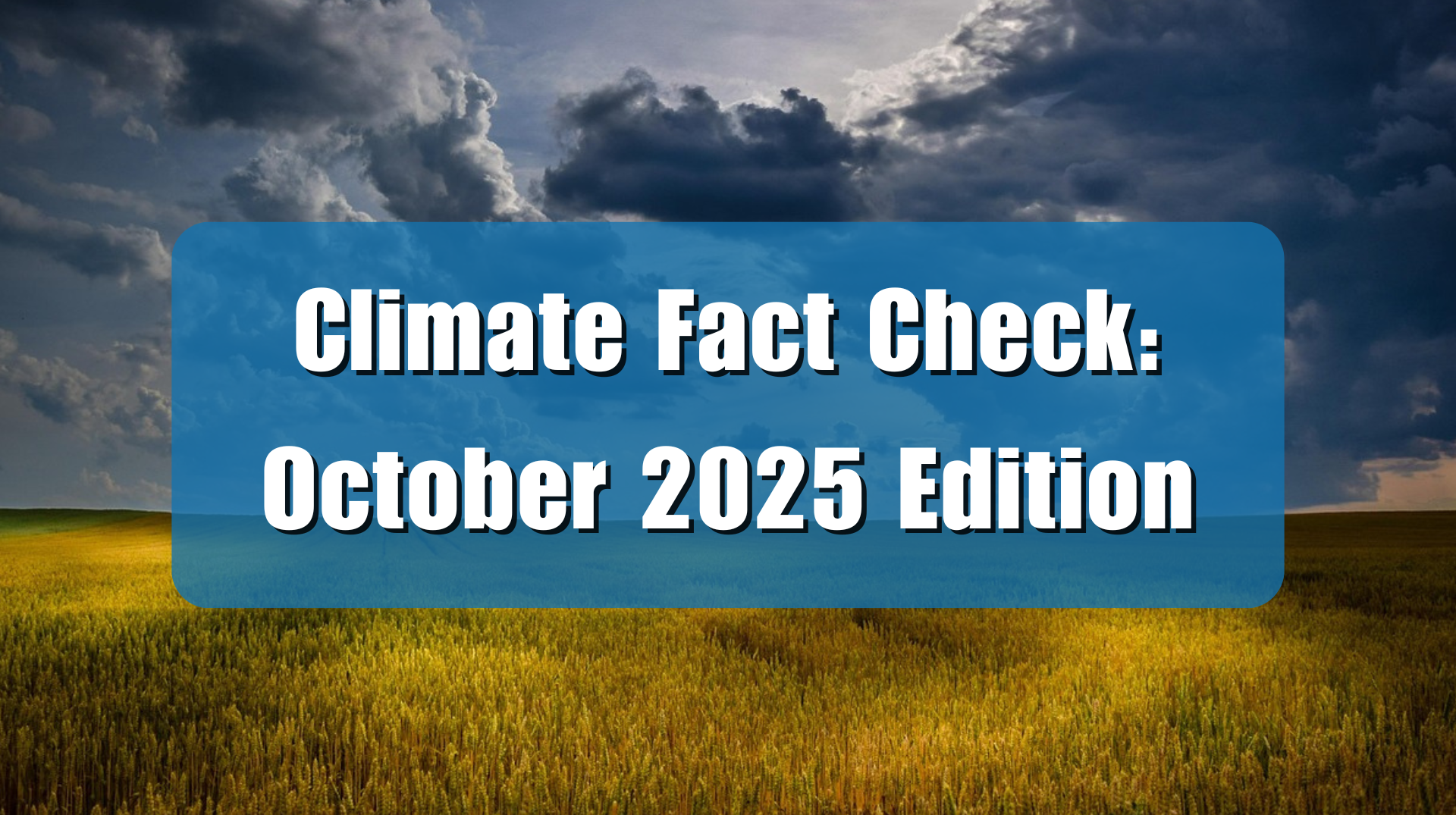A well-maintained HVAC system ensures optimal performance, energy efficiency, and a longer lifespan. Neglecting regular maintenance can lead to increased energy consumption, costly repairs, and poor indoor air quality. By following a few simple yet effective maintenance tips, homeowners can keep their heating and cooling systems running efficiently for years to come.
Change Air Filters Regularly
One of the most important yet often overlooked aspects of HVAC maintenance is changing the air filters. Over time, filters become clogged with dust, dirt, and allergens, restricting airflow and forcing the system to work harder. Replacing or cleaning air filters every 1-3 months improves efficiency, enhances air quality, and reduces strain on the unit.
Keep Vents and Ducts Clean
Blocked or dirty vents and ducts can hinder airflow and reduce the effectiveness of an HVAC system. Regularly vacuuming vents and scheduling professional duct cleaning every few years prevents dust buildup, ensures even air distribution, and helps maintain consistent indoor temperatures.
Schedule Routine Professional Inspections
An annual or bi-annual inspection by a professional technician can identify potential issues before they turn into costly repairs. HVAC experts check for worn-out components, leaks, and overall system performance, ensuring everything is running smoothly. Preventative maintenance also helps extend the life of the system.
Maintain Proper Thermostat Settings
A programmable thermostat helps optimize HVAC efficiency by adjusting temperatures based on usage patterns. Setting the thermostat to moderate levels when away from home or asleep reduces unnecessary strain on the system, leading to energy savings and improved longevity.
Ensure Outdoor Units Are Clear of Debris
Outdoor HVAC units, such as condensers and heat pumps, require proper airflow to function efficiently. Keeping the surrounding area clear of leaves, dirt, and other debris prevents overheating and enhances system performance. Regularly trimming vegetation around the unit also ensures unrestricted airflow.
Check and Seal Air Leaks
Leaky ductwork and poorly sealed windows or doors can result in energy loss, making the HVAC system work harder to maintain desired temperatures. Sealing gaps and insulating ducts can improve efficiency and prevent unnecessary energy waste.
Pay Attention to Heating Unit Installation and Upgrades
Proper heating unit installation plays a crucial role in ensuring efficiency and longevity. An incorrectly installed unit can lead to uneven heating, increased energy consumption, and frequent breakdowns. Consulting professionals for installation or upgrades ensures that the unit is appropriately sized and optimized for the space. A licensed contractor from Sunny Air Conditioning, Plumbing & Electrical ensures hvac and electrical installation is handled safely and efficiently.
Keep an Eye on Unusual Sounds or Odors
Unusual noises, such as rattling, banging, or whistling, may indicate mechanical issues within the HVAC system. Similarly, strange odors could be a sign of mold growth, gas leaks, or burnt wiring. Addressing these issues early prevents more severe damage and keeps the system running safely.
Lubricate Moving Parts
HVAC systems have multiple moving parts, including motors and fans, which require proper lubrication to reduce friction and wear. Checking and lubricating these components periodically enhances efficiency and extends the unit’s lifespan.
By following these HVAC maintenance tips, homeowners can improve energy efficiency, reduce utility costs, and prolong the life of their systems. A little effort in upkeep goes a long way in ensuring comfort and reliability throughout the year.






















